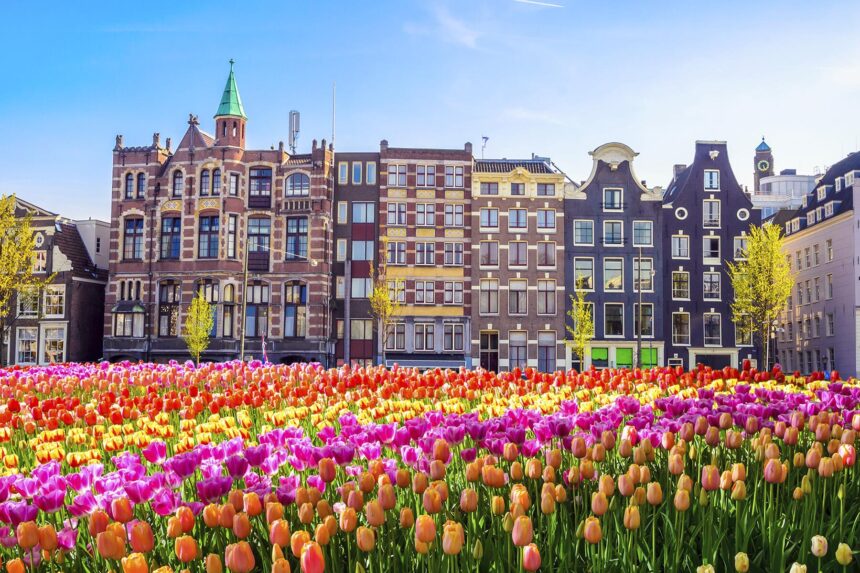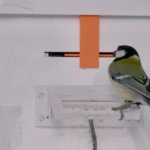Netherlands to Reintroduce Temporary Land Border Checks
Following the lead of Germany and France, the Netherlands is set to implement temporary land border controls starting December 9. Germany initiated similar measures in September, with France following suit in October. The Dutch government has defended this action as a crucial step towards combating illegal migration and human trafficking. These border checks are expected to remain in place for a duration of six months.
The Context of Border Controls
The Netherlands shares its borders with both Germany and Belgium, where random inspections will be conducted at numerous land border points. Marjolein Faber, the Minister for Asylum and Migration, emphasized that “it is time to address irregular migration and migrant smuggling effectively.” Currently, random checks are already being executed within the country while monitoring illegal crossings; however, these efforts may be intensified further to deter unauthorized entries.
Moreover, individuals who have sought asylum in other nations will also be denied entry into the Netherlands. Minister Faber noted that law enforcement agencies would not receive additional funding for these operations; instead, there will be an emphasis on minimizing traffic disruptions during this period.
The Political Landscape Behind the Decision
Faber represents the far-right Party for Freedom (PVV), which emerged victorious in recent elections with a strong anti-immigration platform. The party’s push for stricter border controls aims primarily at discouraging immigration flows into the country. Interestingly, reports indicate that asylum applications have decreased by 5% compared to previous years; thus far this year has seen around 700 applications—down from 1,200 during the same timeframe last year.
The Schengen Agreement: A Brief Overview
The Schengen Agreement stands as one of the European Union’s most significant accomplishments by facilitating free movement across member states since its establishment in 1985. This agreement allows unrestricted travel within 25 out of 27 EU countries along with Norway, Iceland, Liechtenstein, and Switzerland.
According to EU statistics, approximately 3.5 million individuals cross internal borders daily without undergoing routine checks—allowing citizens to live in one nation while working or studying elsewhere seamlessly while enjoying healthcare benefits across borders.
Initial Signatories and Current Challenges
The original signatories of this agreement included Germany, France, Luxembourg Belgium and the Netherlands—all five countries initially abolished internal border checks but now face challenges due to rising illegal migration concerns leading three out of five nations back toward temporary restrictions.
Implications for Travelers and Commuters
This reintroduction of border controls raises concerns among experts regarding potential impacts on daily commuters as well as travelers crossing these borders regularly. While officials from all three governments assure limited effects on freedom of movement overall delays are anticipated nonetheless.
A ripple effect could potentially undermine confidence in Schengen Treaty principles if more countries follow suit; Norway Austria Denmark Sweden Slovenia Italy have also enacted temporary measures recently citing similar reasons related primarily towards immigration control efforts amidst growing far-right sentiments across Europe which continue gaining traction politically influencing governmental policies significantly over time.
A Final Note on Emergency Measures
The European Union permits temporary reinstatement of such controls under emergency circumstances only allowing them up until six months maximum duration per instance according their guidelines stating “the reintroduction must serve as last resort measure exceptional situations respecting proportionality principle.” However recent surges within right-wing movements throughout both Germany & Netherlands intensify anti-immigration rhetoric prompting governments extend existing regulations further curbing immigration flows overall reflecting broader trends observed continent-wide today!






